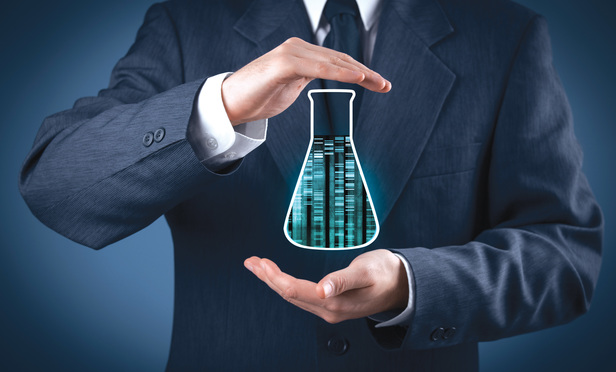The Supreme Court recently decided two cases in which the central question was whether certain patent claims involving natural materials and biomolecules constituted patent eligible subject matter under 35 U.S.C. §101. In Mayo Collaborative Services v. Prometheus Laboratories,1 the U.S. Supreme Court held that patent claims to “relationships between concentrations of certain metabolites in the blood and the likelihood that a dosage … will prove ineffective or cause harm” are not patent eligible because they generally recite a law of nature, and the addition of certain claim steps directed to “well understood, routine, conventional activity” does not change that conclusion. In Association for Molecular Pathology v. Myriad Genetics,2 the court held that “genes and the information they encode are not patent eligible under §101 simply because they have been isolated from the surrounding genetic material.”
Shortly after the Supreme Court’s decision in Myriad, the Patent Office published the 2014 Interim Guidance on Patent Subject Matter Eligibility (Guidance), which sets forth a three-step inquiry for evaluating the patent eligibility of claims involving natural and biologic material.3 The Patent Office’s Guidance also provides illustrative examples of patent eligible, and ineligible, claims involving natural principles and/or products, including claims directed to various nature-based bacterial mixtures, genetically modified bacteria, nucleic acids, purified proteins, antibodies and food.



